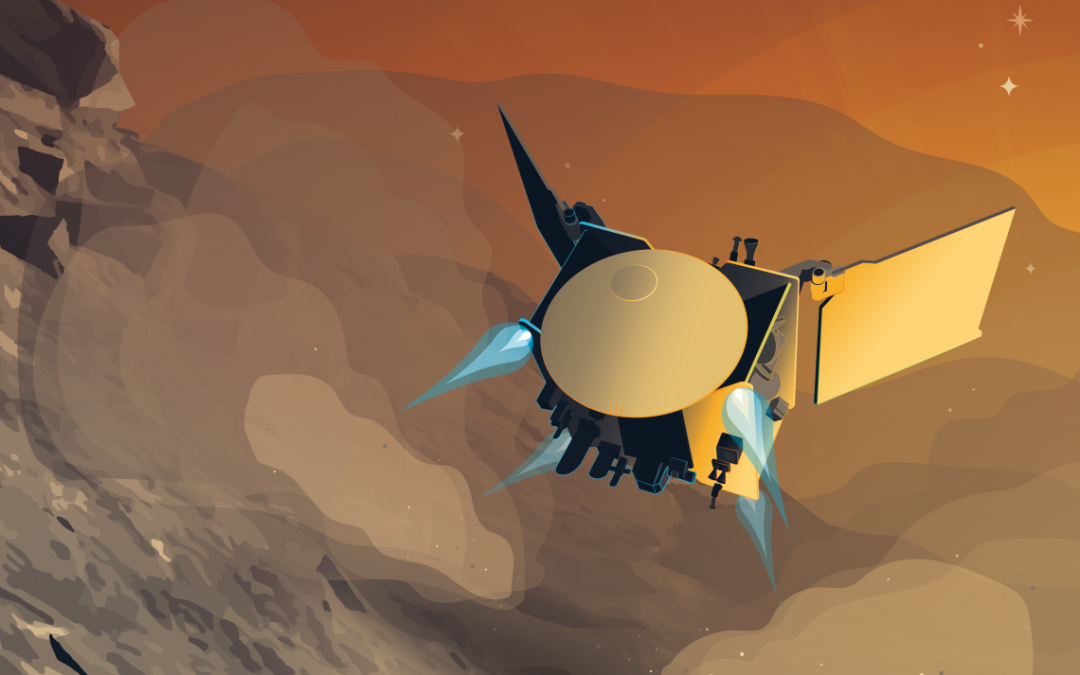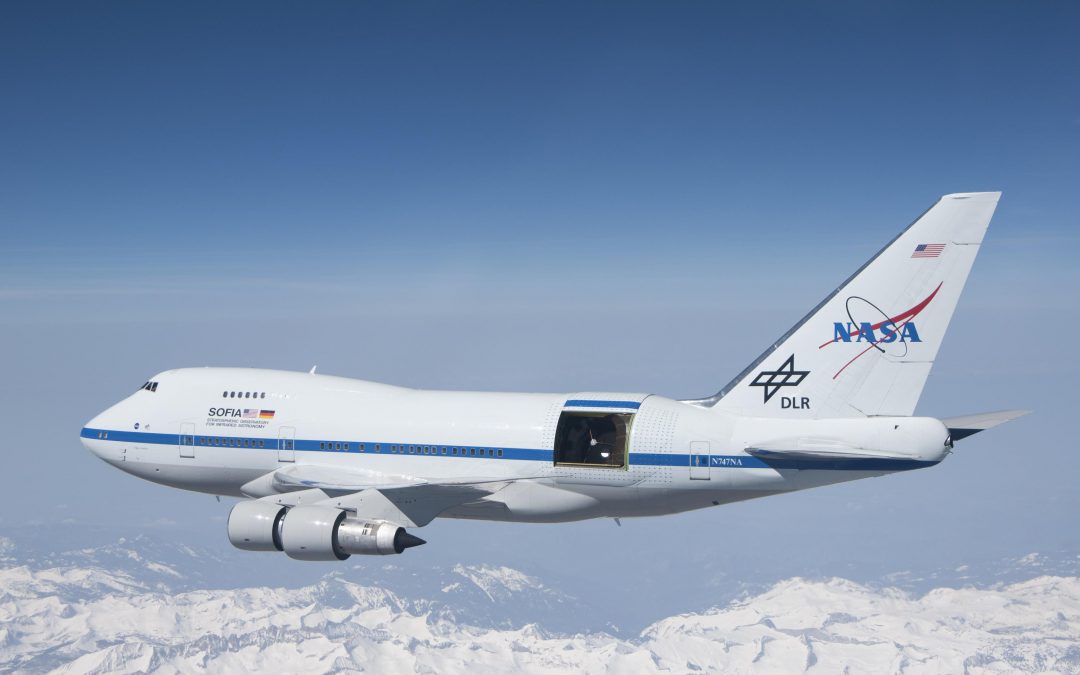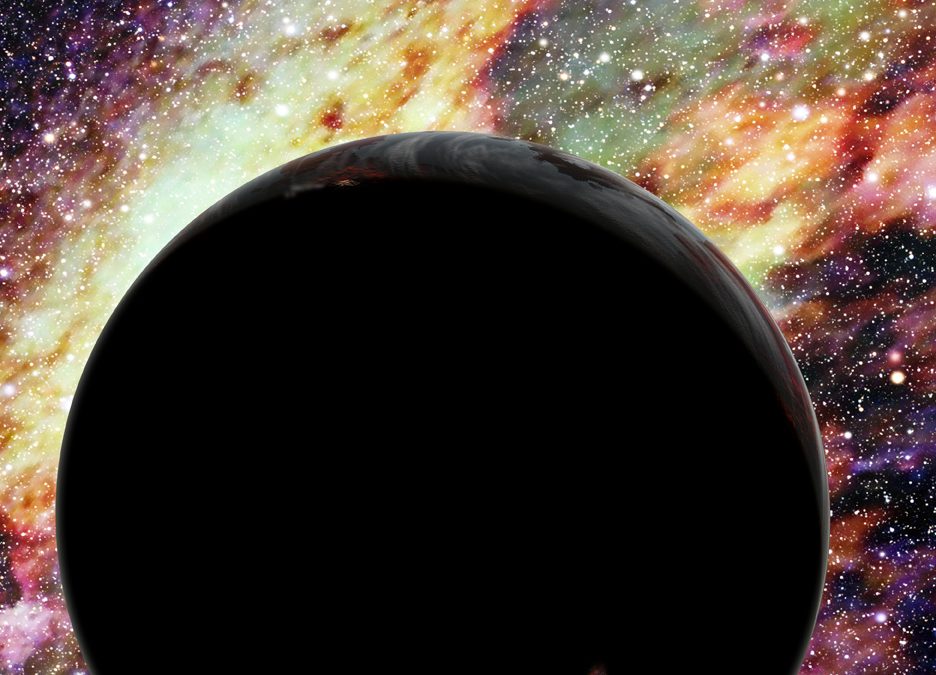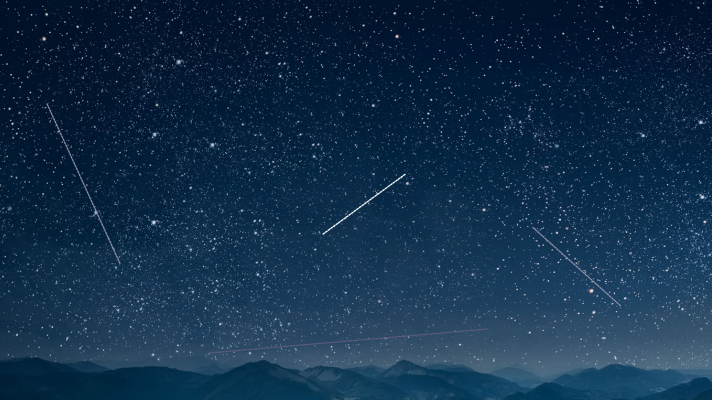Last week we talked about the missions we’re saying goodbye to. This week, we’re going to talk about some upcoming missions to say hello to. Some are brand new ideas, others are, uh, recycled.



Fraser Cain
Universe Today

Dr. Pamela Gay
CosmoQuest

Last week we talked about the missions we’re saying goodbye to. This week, we’re going to talk about some upcoming missions to say hello to. Some are brand new ideas, others are, uh, recycled.

It’s always sad to say goodbye, but when we send our robotic emissaries out into the cosmos, it’s just a matter of time before they shut down. Today we’re going to say goodbye to a few missions which have reached the end of their lives. But they were very good robots.

Moons orbit planets, planets orbit stars, stars orbit within galaxies. It’s orbits all the way down. But occasionally objects can receive a powerful kick that sends them off on a journey, never to return.

Light pollution is a big problem, and it’s only getting worse — not just near cities but everywhere thanks to increased satellite constellations. How bad is the problem, and how can we fix it?
Recent Episodes
There's so much we know about Saturn's beautiful rings, and yet, there's so much we don't know. Morgan Rehnberg, a PhD student at the University of Colorado, Boulder and works with the Cassini mission. Morgan joins Fraser to talk about Saturn's amazing rings, and how...
We always say that the Universe is trying to kill you, but we thought we'd really hammer the point home. Dr. Phil Plait from Bad Astronomy joins Fraser Cain for a very special episode of Astronomy Cast. Join us as we hammer out all the ways the Universe wants you...
Everything dies, including our technology. But when we've hurtled a few thousands pounds of robotic instrumentation to another planet, it gets a little difficult to shut it down and clean up. What do we do when a mission has reached the end of its useful life?...
Pamela has a day job, remember? As an astronomer? Recently the 45th Lunar and Planetary Science Conference occurred in the The Woodlands, Texas. Pamela and guest astronomer Sondy Springmann will let us know about the big announcements made at this year's conference....
When the United States helped defeat Germany at the end of World War II, they acquired the German rocket scientist Wernher von Braun. He had already developed the German V2 rocket program, and went on to design all the major hardware of the US rocket program. This...
Yes, we actually landed on the Moon. No, aliens didn't crash land at Roswell. What is it about space exploration that leads to so many conspiracy theories? We'll try to get to the bottom of these conspiracy theories, poke holes in their ridiculous ideas and help you...
It's safe to say that the Polish astronomer Nicolaus Copernicus shook up the whole Universe. Well, our understanding of our place in the Universe. It was Copernicus who came up with the heliocentric model, placing the Sun at the center of the Solar System, with the...
There's a lot you can learn by just staring at an object, watching how it changes in brightness. This is the technique of photometry, and it has helped astronomers discover variable stars, extra-solar planets, minor planets, supernovae, and much more. Download the...
How heavy is a kilogram, how long is a second? How warm is a degree? We measure our Universe is so many different ways, using different units of measurement. But how do scientists come up with measurement tools which are purely objective? Download the show [MP3] |...
Pop quiz. How did Einstein win his Nobel prize? Was it for relativity? Nope, Einstein won the Nobel Prize in 1921 for the discovery of the photoelectric effect; how electrons are emitted from atoms when they absorb photons of light. But what is it? Let's find out....
Around this time last year a space rock crashed into the Earth above Chelyabinsk, Russia. It brightened the skies for hundreds of kilometers, broke windows and injured many people. Let's look back at the event. What happened, and what did we learn? Download the show...
Just take a look at the surface of the Moon and you can see it experienced a savage beating in the past. Turns out, the whole Solar System is a cosmic shooting gallery, with stuff crashing into other stuff. It sure sounds violent, but then, we wouldn't be here without...
Out here in the Milky Way’s suburbs, stellar collisions are unheard of. But there are places in the galaxy where stars whiz past each other, and collisions can happen. When stars collide, it’s a catastrophic event, and the stellar wreckage is visible half a galaxy...
In our previous episode, we introduced Arthur C. Clarke, the amazing man and science fiction writer. Today we’ll be discussing his legacy and ideas on space exploration. You’ll be amazed to hear how many of the ideas we take for granted were invented or just...
Arthur C. Clarke was one of the greatest science fiction writers of all time. He defined the genre, and revolutionized our ideas about what it will take to become a true space faring civilization. In the first of our two part series on Arthur C. Clarke, we examine the...
As we've said before, all telescopes really want to be in space. In part 3 of our series on amateur telescope making, we bring you up to speed on the final frontier: amateurs building space telescopes. The hardware and software is available off the shelf, and launches...
Some astronomers are control freaks. It’s not enough to buy a telescope, they want to craft every part of the experience with their own hands. If you’re ready, and willing to get your hands dirty (and covered in glass dust), you can join thousands of amateur telescope...
Why pick up a low quality, wobbly telescope from the department store when you can craft your own - just like Galileo, and all the great astronomers from history. For a minor investment, you can build a worthy telescope out of spare parts and high quality kits....
When you consider the hazards of spaceflight, it’s hard to get worked up about dust bunnies. And yet, atmospheric dust is going to be one of the biggest problems astronauts will face when they reach the surface of other worlds. Where does this dust come from, and what...
The Universe is filled with hot fusion, in the cores of stars. And scientists have even been able to replicate this stellar process in expensive experiments. But wouldn't it be amazing if you could produce energy from fusion without all that equipment, and high...